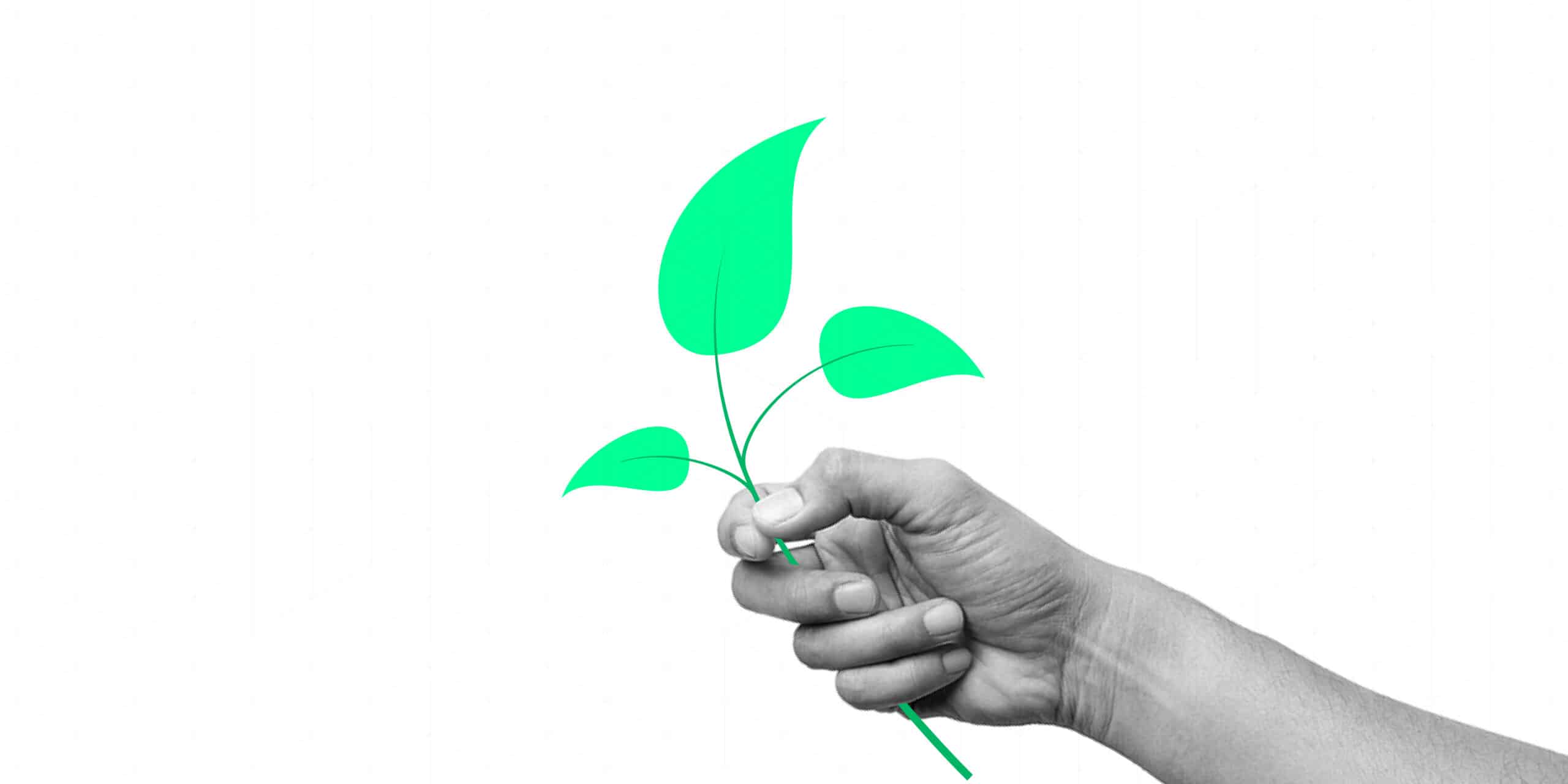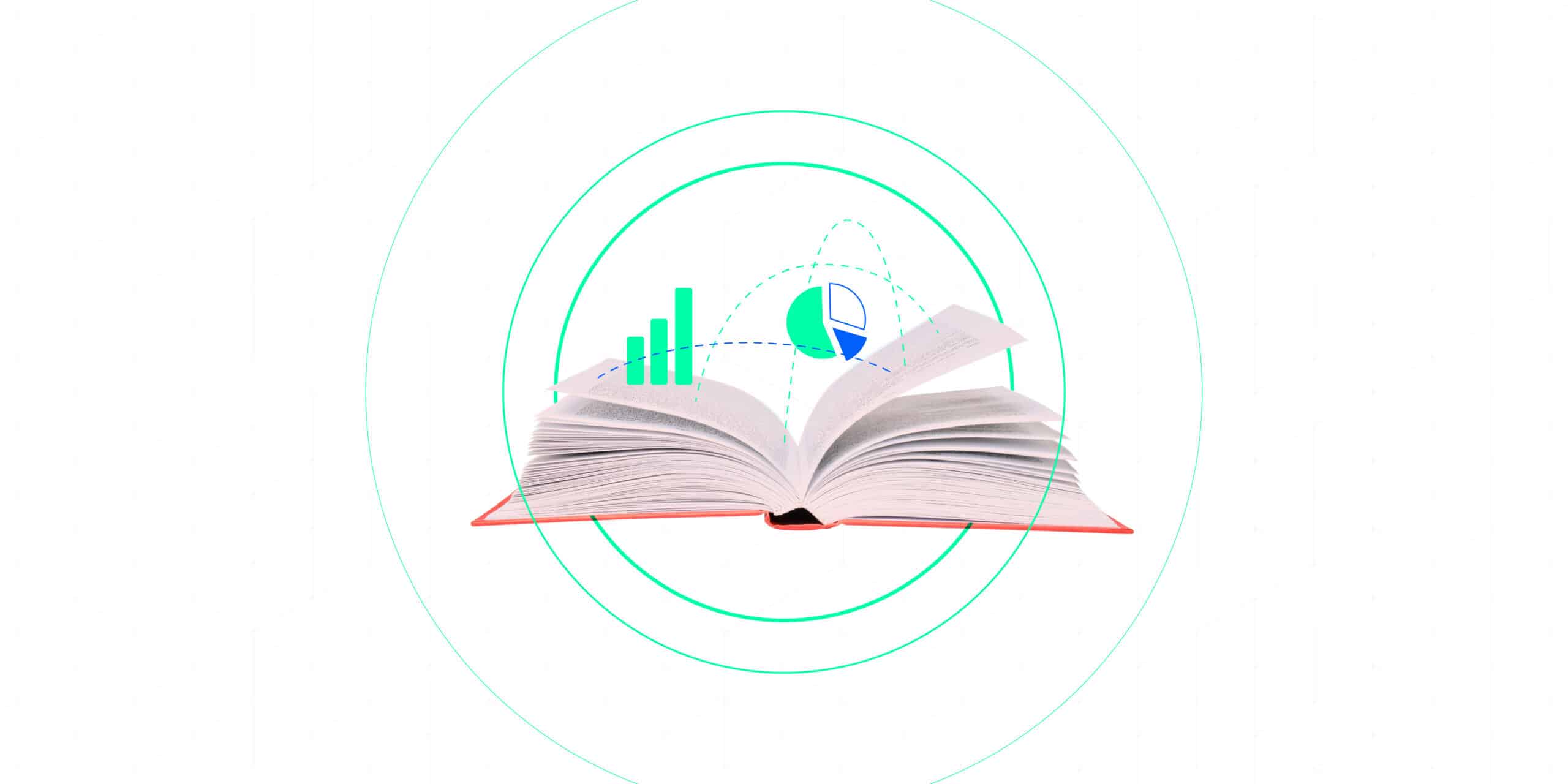As we write these words, a sixth Covid-19 vaccine has entered the playing field. Mass vaccination programmes have been rolled out around the world, and millions of people in several industries are eagerly waiting for an accelerated return to normal. One such industry is events, having been dealt a devastating blow as the pandemic traveled around the world aboard planes and trains and cruise ships.
Within a few months of the first cases being reported in Wuhan, the entire industry was undergoing the throes of the crisis: concerts, premiership football, exhibitions, summits, conventions of all sorts – everything went dark. Early and considerably optimistic forecasts predicted a return to normal by summer 2020, but the course of events didn’t take kindly to that. Reality has quickly and decisively imposed its terms, and there wasn’t going to be any ‘summer’ either. When the true nature of the situation became unmistakably clear, organising committees started composing a dreaded message in whose general direction everything was obviously moving:
‘Our foremost priority is the safety of our visitors and staff, and we have therefore decided to call off [enter event name].’ ‘We are closely monitoring the situation and will keep you informed of further developments.’
Investments worth billions of dollars in event infrastructure, services and logistics went down the drain as the uncertainty of the situation suppressed any further attempt to predict what the rest of the year would look like. Consultancies and experts were hired to salvage whatever could be salvaged using technology or social distancing or both. Some events were favourably positioned to move online, others not so much. Scrambling to turn an event virtual without a playbook or a roadmap is typically an unpleasant exercise, but it helped reveal that some sectors were more agile and adaptive than others, and some events are better off going virtual altogether.
Attitudes within and outside the events industry have categorically changed, and signs indicate that these changes will endure in the post-Covid future.
All eyes are now on vaccine production and transport capacity, and it’s reasonable to predict that most of the world’s most vulnerable will have been vaccinated by the spring. This will be crucial for jumpstarting the industry’s recovery, as the 2021 calendar is already brimming to the top with a large number of events postponed from 2020 (e.g., UEFA Euro 2020, Summer Olympics, and Expo2020), in addition to those originally scheduled for 2021. But as the world prepares to turn the page on 2020 and everything that has transpired, perhaps we should ask ourselves: is this crisis about to end, from an economic perspective, and the recovery about to begin? Or is this a misjudgement that resembles what happened in early 2020? The new year’s earliest events, and the extent to which they are successful, may help shed some light on how the world’s different populations will return to normal – cautiously or impulsively.




